In an industry addicted to hype cycles, Serviceplan Germany’s rise to Webby Agency of the Year feels like a quiet rebellion. As Europe’s largest independent creative agency, their work hits differently. Not because it screams for attention, but because it applies creative power practically. Each project is informed by lived experiences and smart briefs, using technology hyper-intentionally.
They’re less about buzzwords in their approach, opting for radical collaboration across sectors and cultures. Creative syncs are an open call to designers, strategists, technologists, creatives (and moms) who’ve lived the problem they’re trying to solve. That’s how you get Price Packs, a campaign that subverts packaging to create price stability in a turbulent economy. Or Rainbow Wool, where a queer team member’s insight sparked a campaign celebrating the natural diversity of love, in nature and humankind alike.
By insisting that best ideas come from bridging siloes, they came out on top as the 2025 Webby Agency of the Year—with 5 Webby Awards and 10 People’s Voice Awards, including additional nominations and honors. At the center of it all are Chief Creative Officer, Till Diestel, and Global CCO, Alexander Schill. When accepting their Webby recognition, their 5 Word Speech, “All credit to the teams,” wasn’t just a statement, but a reflection of their core philosophy.
In the conversation below, Webby Head of Content, Jordana Jarrett, sat down with Schill and Diestel to take us inside their creative process—from assembling multi-disciplinary teams to building a brief off a single sharp insight. They share how AI is (and isn’t) shaping their work, and what it really means to lead with human-centrism in a hyper-competitive field. Below is a portrait of an agency that not only makes great work, but work that matters.
“ “We live in times of collaboration. So, we cannot solve everything as an agency.” ”
The interview has been edited for clarity.
Jordana Jarrett: What do you really think is at the core of your team’s ability to produce such successful campaigns?
Alex Schill: Well, I think our strong belief in not thinking in silos, but bringing people together from day one, from different perspectives.
Looking at a problem or a challenge from different perspectives and coming up with different ways to solve the problem is key in our way of working. This leads to unusual solutions, which are not in any way comparable to maybe other things that are out there in the market, but that tackle the problem from a very different angle.
Till Diestel: The teams are always really curious [about] what’s out there, what’s different, what’s happening in the world. And I think that really drives our way of thinking a lot.
Jarrett: You’ve kind of touched on it with curiosity, but how else does your team at Serviceplan—across all of your capabilities—think outside of the box, especially in an industry that is always looking for the next big idea, the next big innovation, the next big campaign?
Schill: In general, the philosophy of our group lies in what we call uber creativity. Uber creativity means that from day one, we bring around the table people of different cultures, religions, genders, ideas, and ideologies. And I think if you start from day one with an approach that is open to all different ways to find a solution, it’s a different direction. So if a brief comes in for a price campaign or whatever, we could end up with what we now have with the penny price practice, for example. It’s like we come up with a new package design, which would not happen if we give it to the advertising teams in an advertising agency.
But we collect people with different backgrounds around one table and they say, “Hey, why? What if we do a new packaging?” [or] “What if we organize the whole store,” when we have some interior designers around the table. So, tackling the problem from different angles is key to everything that we do.
Diestel: Yeah and this fuels how we work, also as a leadership team, giving everyone the freedom to explore and do the things they really want to go after. This is really inspiring for all of us, but I think everyone gets the best out of it.
And I think it’s always finding what’s special about [an] idea. And then protect it. So, Price Packs—let’s at all costs, protect that, what’s special about it and then give everyone the freedom to go after this. I think this makes good work and also the variety of the work because it’s from packaging to websites to whatever it is.
Schill: We have to learn that disrupting ideas do not happen in silos. Because you have to bring silos together. Then something new starts to happen. But it will never happen if I only ask designers to come up with new packaging design for Penny—they would probably not come up with the idea to put the prices on the packs.
“ If an idea is just based on technology, just for the sake of it, it's not a good idea. And it doesn't solve anything. And I think in the end, we use technology if it makes sense, and if it helps solve the problem and make the work better.”
Jarrett: I also want to credit your use of technology. I loved PetPace, [used in Animal Alerts,] as well as Space Trash Signs, using a private tier AI model. And AI is such a big thing that is not going away for the creative industries. But also with other emerging technologies, you weren’t just using technology to be flashy. It was really utilitarian in its approach. How do you approach new technologies as an agency? How do you choose when to integrate it into your work, when it doesn’t make sense, and how it’s informing campaigns?
Diestel: It comes back to the word of curiosity. I think we encourage everyone to be open to new technology and we really help, you know, give, in terms of AI, we give a lot of learning courses and education towards everyone in the group. But I think in the end, you said it yourself.
Schill: This is crucial. What Till said is that we are not starting with technology. So, starting with an insight that if a team approaches us and said, “Do you know how much trash outside of our world is in space?” We said, “Wow, this is ridiculous. This can’t be true.” So, we have to find a solution for that.
And then we go out and look for partners who have tackled this idea already in a way that they know about technology, how to really bring it down to every single piece of trash out there. And then we again, go back and find a way to communicate to the people out there.
It was just like the teams [who] came in and said, “Do you know that dogs or animals, in general, they sense earthquakes earlier than we do and all our systems do.” And this is amazing insight, so how could we tackle this? And then we go out and then we try to find people who already tackled the problem, but probably not with enough visibility out there.
And as a communication agency, we can give visibility to that, and make it approachable for the people and talk in the language that people really connect with. So, the first step is not technology—never. The first step is a good insight to understand what the challenge is, and then in these days, as we all know, almost nothing is impossible.
So technology can be built or is already out there, and we just have to find it and to combine the right things.
Jarrett: Your 5 Word Speech, “All credits to the teams”—which we really love—can you talk a little about what it means personally? Especially in your approach as an agency to creative leadership.
Diestel: I think the sentence says it right. In the end, we are nothing without the team and we are standing on the shoulders of all the teams and everyone participating and making the work, and thinking, finding these insides, creating. I think we are just here to guide a little bit. But in the end, it’s the power of the amazing teams we have.
Schill: And in general, taking it one step higher is we live in times of collaboration. So, we cannot solve everything as an agency. We have to reach out to other partners out there. Our teams have to understand—and I think this is [the] only thing that we try to bring into our teams—but there’s one quote I really love, which is, “To ask for help is a sign of strength and not of weakness.”
And I think this is more true than ever these days, that no one can understand all the technology that is out there. No one can be the best art director, best copywriter, best technologist, best strategist in one person, or not even in one agency. So we have to solve all the challenges that are out there in the world together, not only as an agency or in our business, but in general.
We have to tackle the problems of humanity in a way all together. This is something that is crucially important for our agency. We always have one mantra for one year. This year, it’s, “Together Unlimited.” We strongly believe that only together we can solve the problems, which is true for the agency world and our business, but it’s also true for the rest of the world.
Jarrett: And yeah, looking towards the next year, what are you all looking to next? What are you all working on next? I’m kind of curious, what’s your ethos or approach?
Diestel: Finding the next brilliant insights and trying to solve a few more beautiful problems as you always say it. Creativity can change the world. And I think it’s something we always believe in.
Schill: It is not that we are going out there and saying, okay, we have this problem and let’s find a solution for that. But it’s more listening to our teams and we have established a culture of no fear to say stupid things in the room.
We have our next big case. Breastmilk Money, it’s called. Which is a project in Nigeria that we are tackling, and it is a personal relationship to one of our team members. As I faced that problem in Nigeria and can we do something for that?
And we said, “Wow, we do not even have an office in Nigeria.” But we understand that this is a huge problem, and let’s take what we call an uber jam—which is bringing exactly different people around the table, different backgrounds, religions, whatever, and [presenting them with] this problem in Nigeria. How can we solve that? Or can we help to solve that?
“ And then suddenly it becomes, “Well, this is a fucking great idea. Is there a way to execute it?” Then we start digging into the problem and we found a solution and now we are very proud that we found a solution, no matter if it wins any awards or not.”
But this is more or less how it happens on the kind of extra work. And I’m proud that we, as an agency, take efforts on extra work to solve problems in the world. Not only the problems our clients give to us on one-to-one briefs, but also to say, we have a responsibility as a huge organization to spend some of our time and some of our creativity [on] some of the problems that are out there in the world. And if we face one of these issues that we think is worth the follow up, then we put all our creative power behind that and try to solve it. It’s not that we have an agenda and say, “Okay, let’s solve this problem.”
It’s more or less coming along the way and then we are putting the team together, and then we come up with a nice solution in the end. Breastmilk Money is another really nice case that is out there now and it really works fine. And maybe it will take home some awards, but it’s not the reason to do it.
It solves the problem and that’s it. Full stop. It’s very different to everything that I saw out there on traditional creative solutions. And I think this is exactly the way finding… Someone who takes this challenge [is] really, really important. We need some people who really take care about that. And then we push forward.
Jarrett: The work that you created this year, to your point, feels so different than most of the traditional campaigns that we’ve seen. I’m kind of curious if any of the projects that we’ve been talking about, whether it’s Rainbow Wool or Animal Alerts, came out of that idea of extra work. Or was it something that a client brought to you?
Schill: I think this is a very important question because sometimes it’s like, agencies are doing extra work and I’m not ashamed to do extra work. I have to say that, and I say that out loud on every stage.
I think in the opposite, we have the responsibility to do extra work because we have the capacity and we have the weapon of creativity in our hands. Rainbow Wool, for example, it was a very personal issue that some of our gay members of the team approached us and said: did you know that to be gay in the animal world is super natural and still amongst humans—who claim to be the most intelligent species on Earth—we still somehow [have] issues around that topic.
Obviously, I said what a great insight that in nature, everything is normal and with the most intelligent species [in the] world, it’s not. Normal in a way. So, let’s tackle this. And then we are going out and finding a solution. We are happy owners of a farm. And we own all the gay rams in the farm and they all live together and they have the biggest party of their life probably. And this makes us very proud.
Jarrett: My last question for you is, how does it feel being named the 2025 Webby Agency of the Year? What does earning that title really mean for your team?
Diestel: Everyone works really hard. All the teams do such an amazing job. So if recognition comes in like this, everyone is amazingly proud of it. And I think The Webbys is special because it’s not one of the more traditional advertising awards like Cannes or One Show, Clios and stuff like that. It has a special place. It’s been around since the birth of the Internet.
Schill: Yeah, it’s a good feeling. What makes The Webbys so special is that — we felt a little bit [like] is this the right festival for us? Because we are talking about entertainers, we’re talking about content creators, we’re talking about musicians and different people, so not the traditional advertising people being on stage.
But after the show, it made us very proud that in this [environment], we could take a stand still as a traditional advertising agency, to be part of the whole entertainment content communication field that is rapidly changing out there. That made us especially proud. On a personal note, the People’s Voice Awards, I’m especially proud about that one… Just being out there, everyone can judge the work. This is the most valuable thing for us. That we really reach the people, which leads back to the insights and to stepping back from stage two, the audience being part of the culture.
This is what we are aiming for, and this makes us especially proud.
Entries for The Webby Awards opens Fall 2025. Follow us @thewebbyawards to find out when you can submit.

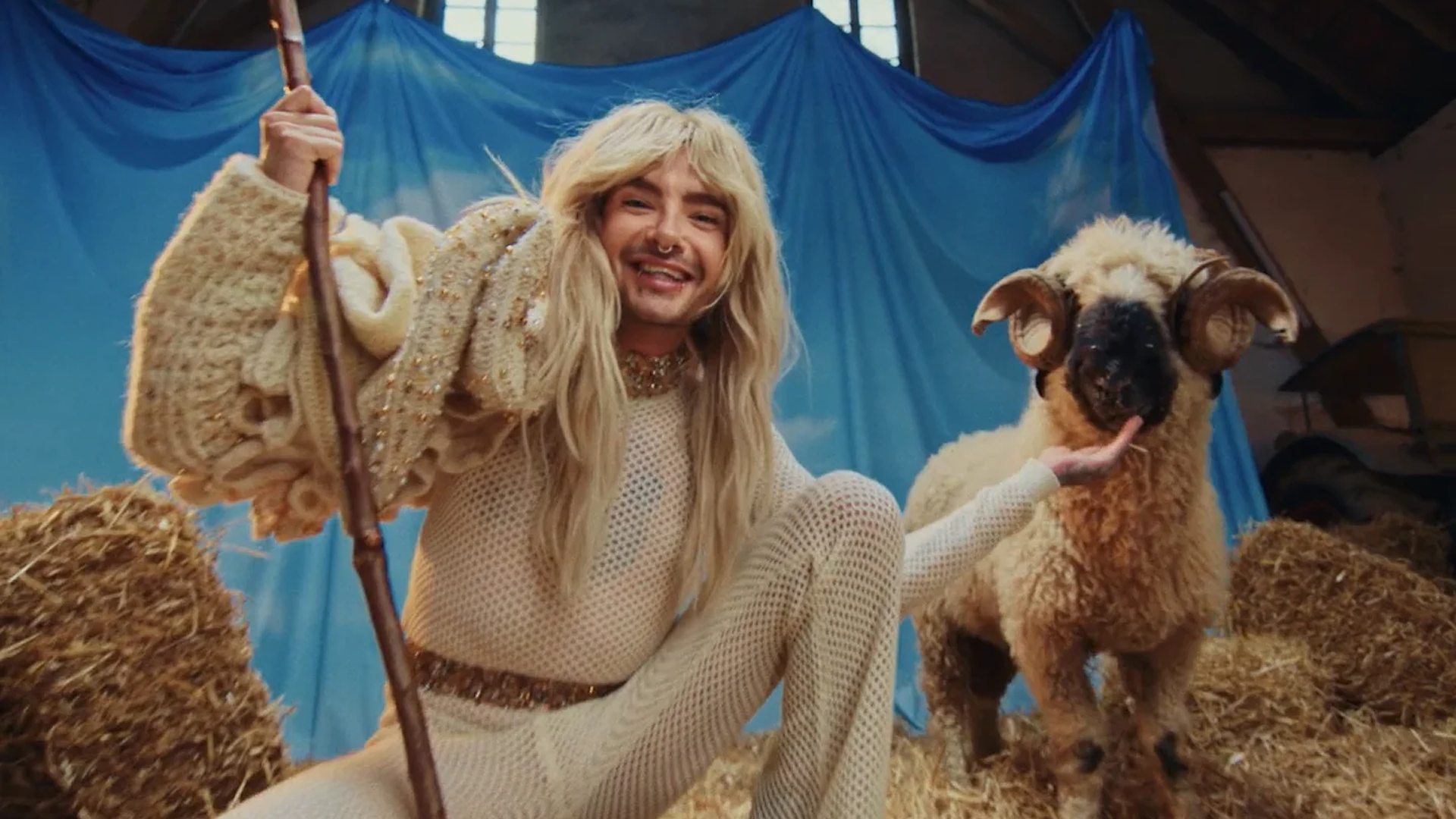

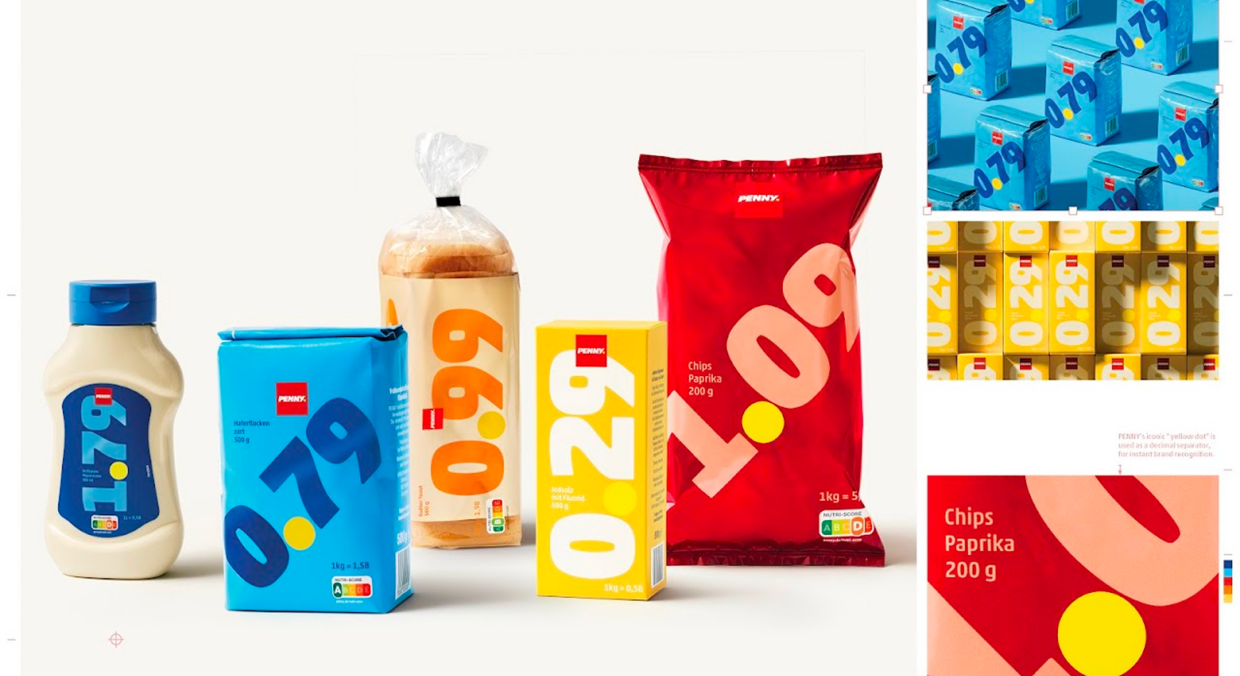
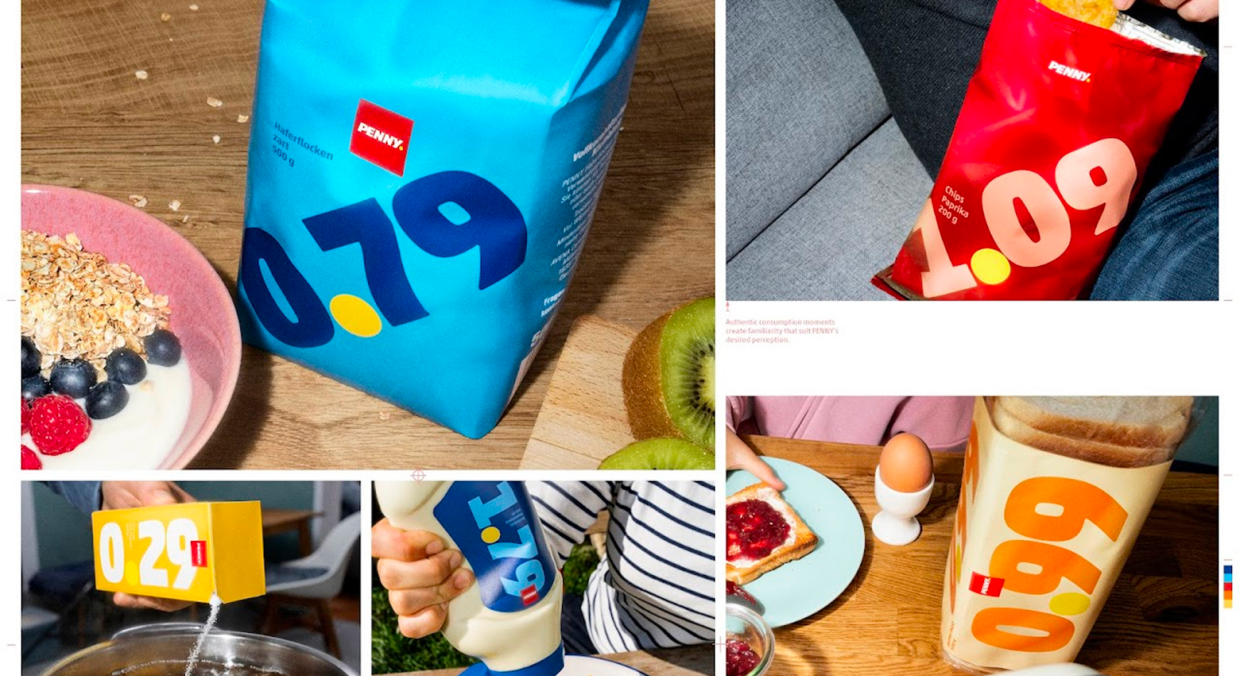
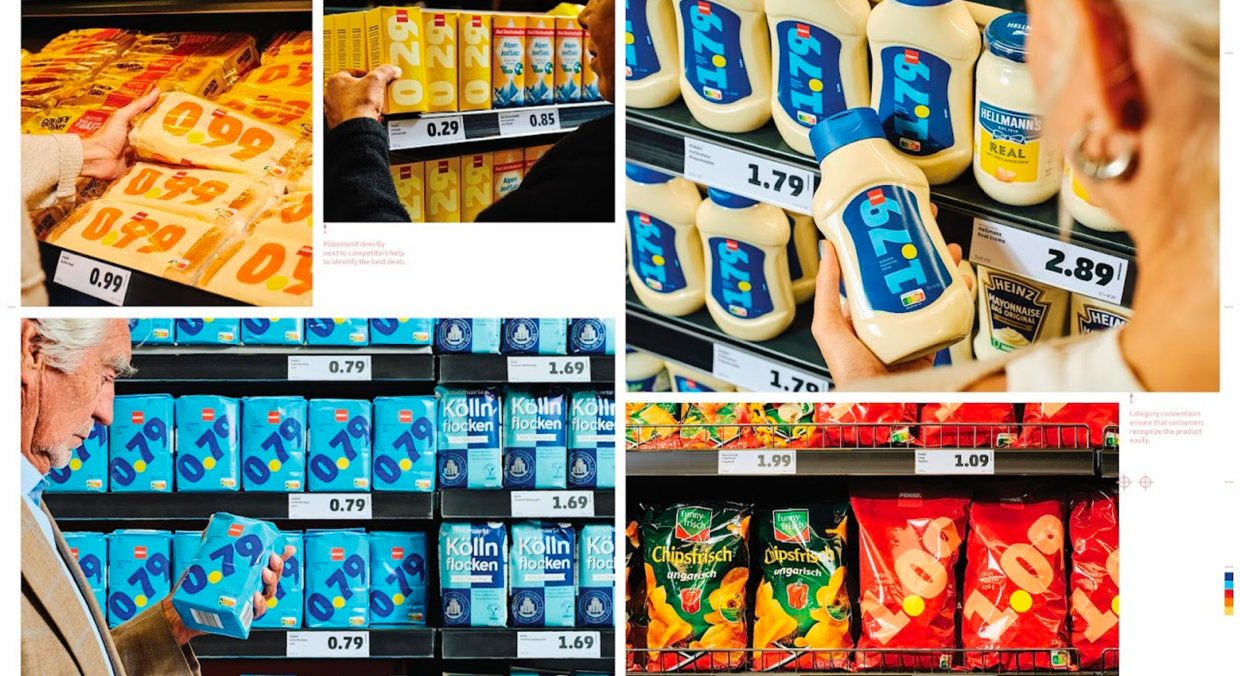
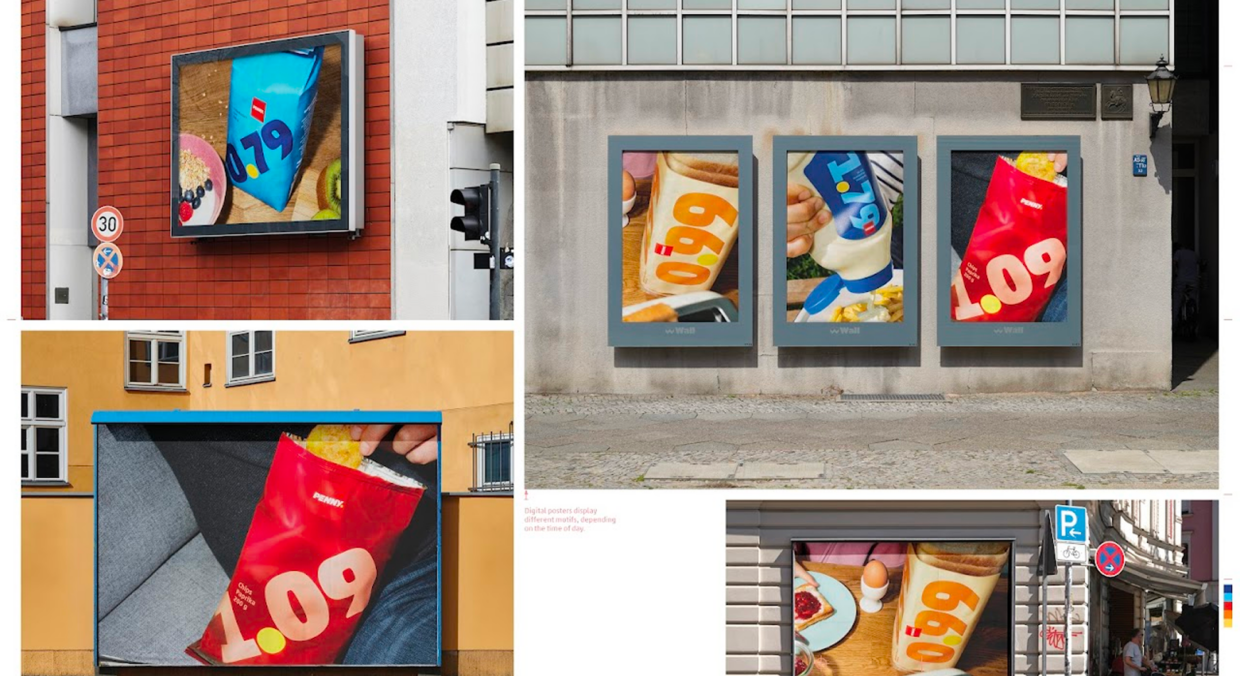
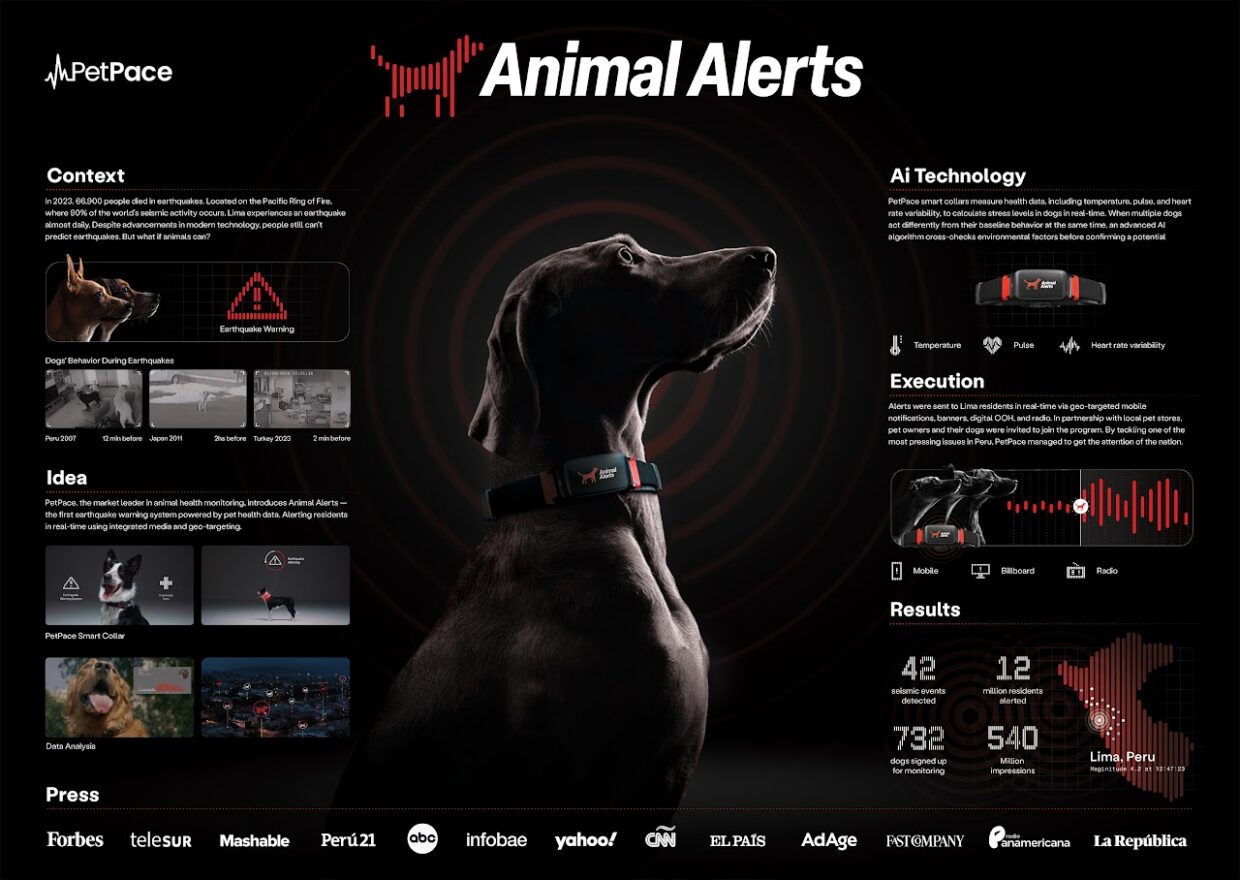
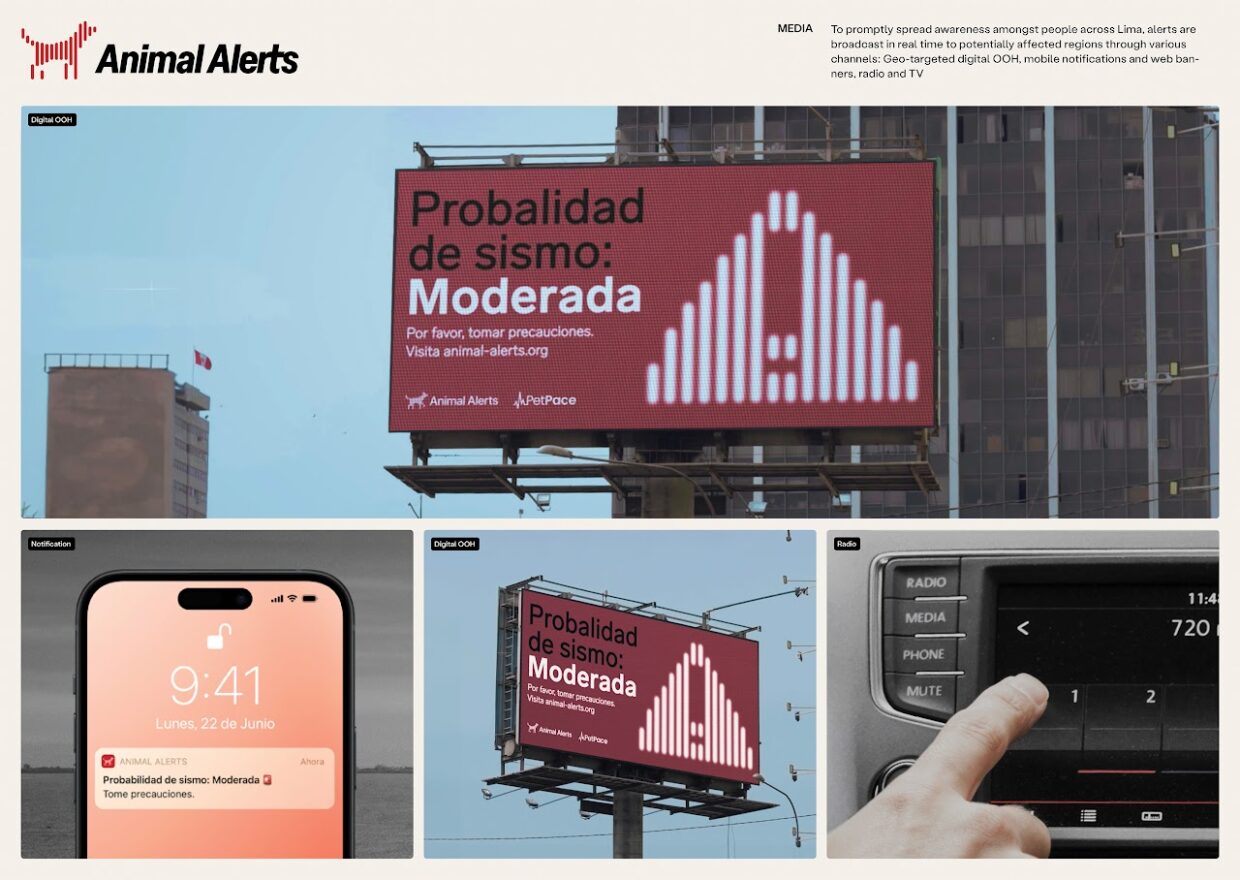
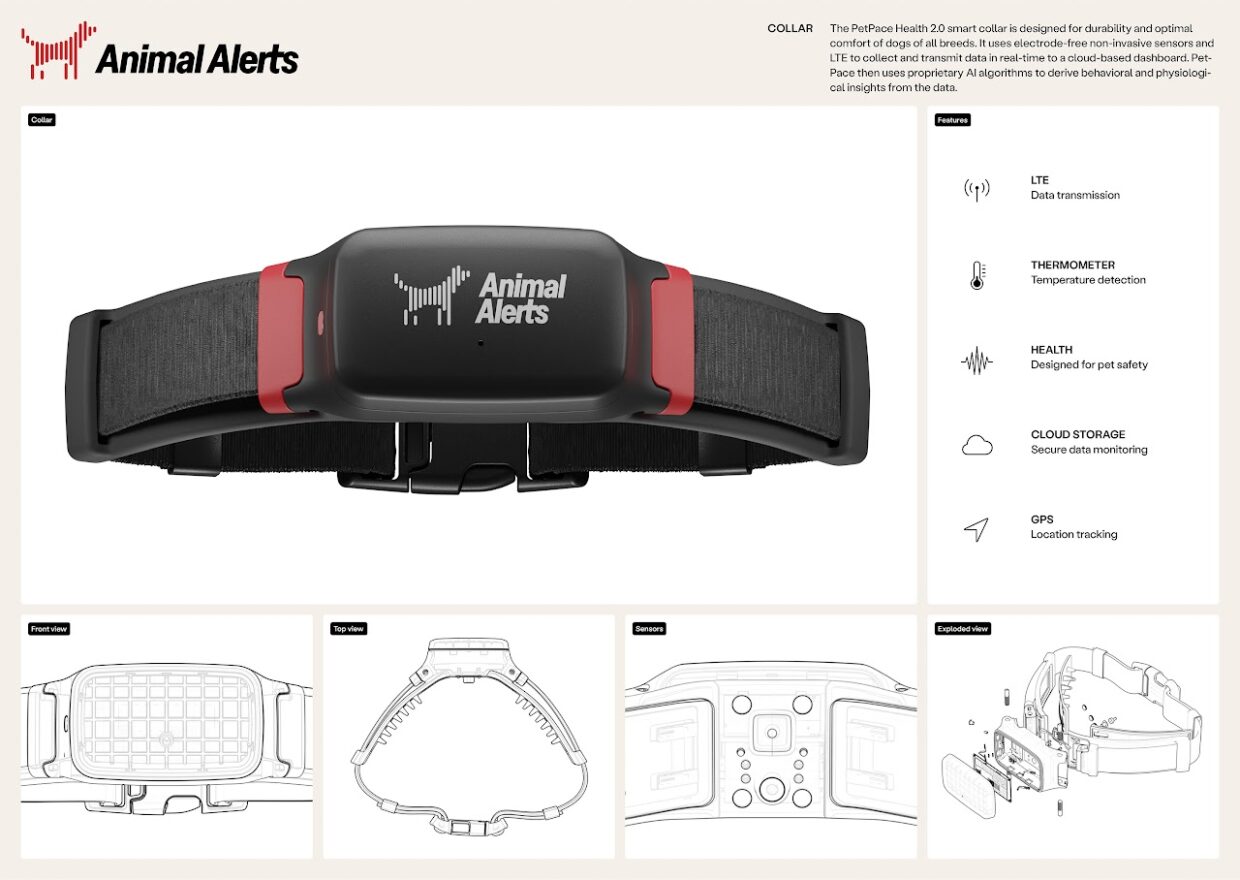
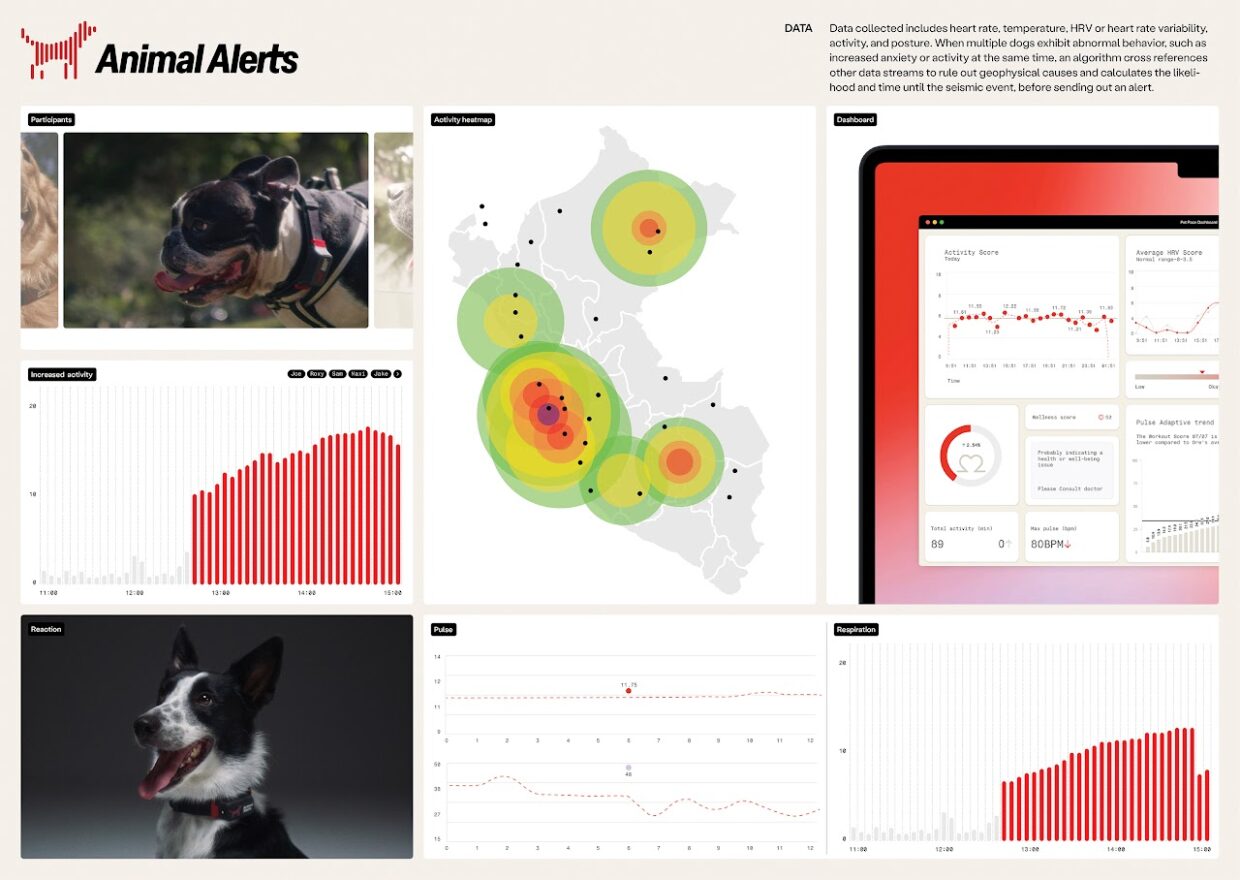
 Twitter
Twitter